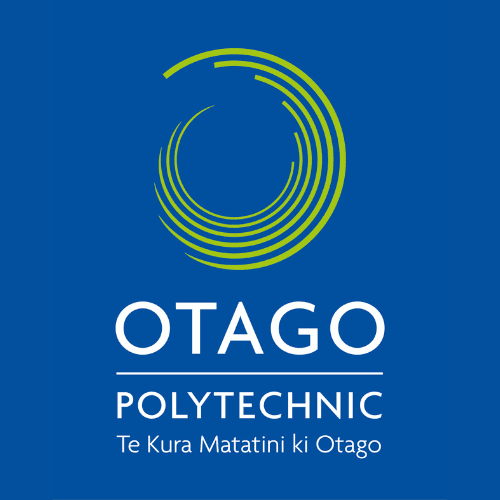He Toki Electrical Trades Training
Electrical
A course by
Otago Polytechnic
A practical, hands-on pathway for Māori or Pasifika learners aged 16-40 to gain the New Zealand Certificate in Electrical Engineering Theory (Level 3), with te reo, tikaka, and mentorship embedded throughout.
In-person study
Face-to-face learning in a physical classroom setting
Dunedin, Dunedin
It will take a total of 1 year
This course requires 40 hours per week
Core skills this course teaches

Work safely and ethically in electrical environments
Apply knowledge of safe electrical installation, testing, commissioning, and servicing, observing legal and ethical standards under the Electricity Act.

Demonstrate foundational knowledge of electrical theory and practice
Understand electricity production, distribution, and utilisation; design and construct basic circuits; identify and solve electrical problems.

Develop practical skills in electrical installation and equipment testing
Install, test, and diagnose electrical cables, fittings, and equipment; apply correct installation and maintenance procedures.
What You're Signing Up For
Gain introductory skills, knowledge, and industry support to start a rewarding career in the electrical trade. The He Toki pathway offers a unique support network and a learning journey grounded in te reo and tikaka, preparing Māori and Pasifika learners for apprenticeship or employment as an electrician. You will study electrical workplace practices, DC and AC fundamentals, cables and fittings, circuit design, installation, safety, and more, with real-world and community-based projects. Graduates will be work-ready for an apprenticeship and able to safely carry out prescribed electrical work under supervision.
Course Content
- Electrical Workplace Practices: Health, safety, first aid, professionalism
- DC Fundamentals: Principles and practical application of DC circuits
- AC Fundamentals: Magnetism, electromagnetism, AC theory
- Cables, Fittings and Testing: Installation, testing, legal requirements
- Supply Systems: NZ electricity supply, safety in high voltage environments
- Protection, Plans and Circuits: Circuit design, construction, lighting systems, electrical drawings
- Electrical Installations: Cable and wiring systems, including in damp locations
- Electrical Machines, Transformers and Isolation: Theory and practice
- Final Capstone Test: Demonstration of knowledge and skills
What you need to know first
Minimum age: 16 at programme start (or Early Release Exemption Form)
NCEA Level 1 with Mathematics and English, or equivalent knowledge and skills
Special admission for 20+ with evidence of aptitude or appropriate work/life experience
Discretionary admission possible if not meeting standard requirements, with evidence of readiness
English language proficiency equivalent to NCEA Level 1 English

What sort of industry will this job lead to
Electrical Trades
Construction
Utilities

Future employment opportunities might be
Apprentice electrician (under supervision)
Domestic, commercial, or industrial electrician
Appliance service worker
Telecommunications industry roles
Self-employment in the electrical trades

Otago Polytechnic is known for high quality, hands on learning that leads to strong outcomes. With excellent student satisfaction, high graduate employment rates, and a commitment to sustainability, it’s a place where practical skills meet purpose. Their award winning programmes span design, fashion, creative arts, trades, health, and business, giving you real experience and real confidence for whatever comes next.